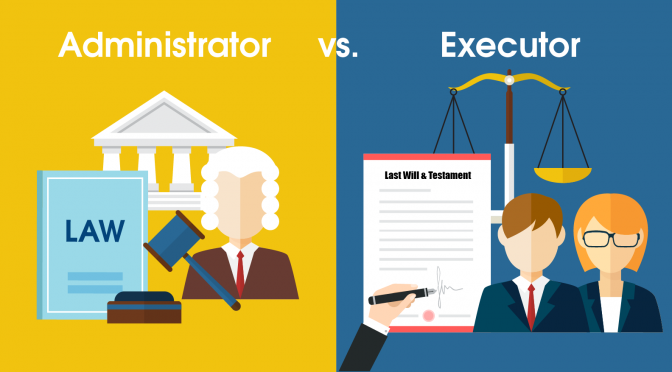
Bid Bond:
A type of contract surety bond that
ensures a bidder for a supply or construction
contract will enter into the contract within the
stipulated timeframe if the company wins the bid.
Default results in the obligee (a government
agency, in this case) receiving the difference
between the amount of the principal’s bid and
the bid of the next low bidder or company
who qualifies for the contract, or the amount
of the bond.
Commercial Surety:
A type of surety bond that
can be required by state and local regulators in
a wide variety of situations to protect consumers
and taxpayers. Some of the most significant for
government policymakers include: license and
permit bonds, reclamation bonds, mortgage
broker bonds and subdivision bonds.
Contract Surety:
Surety bonds that involve
construction projects. In the event a contractor
defaults, contract surety bonds ensure funds
are available to complete the contract and pay
subcontractors, suppliers and laborers.
Fidelity Bond:
A bond a business seeks to
protect itself in the event of a loss incurred
because of employee dishonesty or misconduct.
Some states require these bonds for businesses,
such as title insurance companies and credit
unions, that do business with consumers.
License and Permit Bonds:
Statutes and
regulations require these bonds if a company
seeks to obtain a license or permit in a state
or local jurisdiction. If a principal violates its
obligations, this bond pays the obligee or
other third party.
Miller Act:
Law passed in 1935 that requires
performance and payment bonds for federal
construction projects over a designated
amount, currently for contracts over $150,000.
Money Transmitter Bond:
A surety bond that
guarantees money transmission companies
offer services in compliance with state or local
statutes and regulations.
Mortgage Bond:
A type of commercial surety
required by a state or local regulatory agency
for mortgage brokers to become licensed in
that state.
Obligee:
The entity that requires the bond
and is protected if there is a loss or default.
Payment Bond:
A bond given by a contractor
to guarantee payment to subcontractors,
laborers and suppliers for work performed
under the contract.
Performance Bond:
A bond that guarantees
performance of the terms of a written contract.
Premium:
Required by a surety company
from the principal for the issuance of a bond.
Performance and payment bonds come with
a one-time premium that typically equals up
to 2 percent of the contract price.
Principal:
Also called “obligor.” This is the
party who seeks the bond and is bound by the
underlying obligation.
Reclamation Bond: Required by a state
regulatory agency, such as the Department
of Environmental Quality, for a business that
seeks to mine or perform related activities on
public lands. These bonds provide a financial
guarantee that the public lands mined will
be restored.
Subcontractor Bond:
A bond that a general
contractor may require of a subcontractor,
which guarantees the subcontractor will
perform work in accordance with the terms of
the contract and will pay for certain labor and
materials under the contract.
Subdivision Bond:
Developers must get this
bond from a surety if they plan to develop a
plot in a municipality to sell lots or homes.
Local development authorities require
these bonds, which guarantee a developer’s
obligation that the project will adhere to state
and local statutes and regulations, before they
issue a development permit.
Surety:
Third party that issues the bond to the
principal and is responsible for fulfilling the
claim in the event of a default or loss.
Surety Bonds:
A written agreement where a
surety obligates itself to a second party, called
the obligee, to answer for the default of the
principal. In the case of public works contracts,
the obligee would be the state agency and the
principal would be the contractor.










